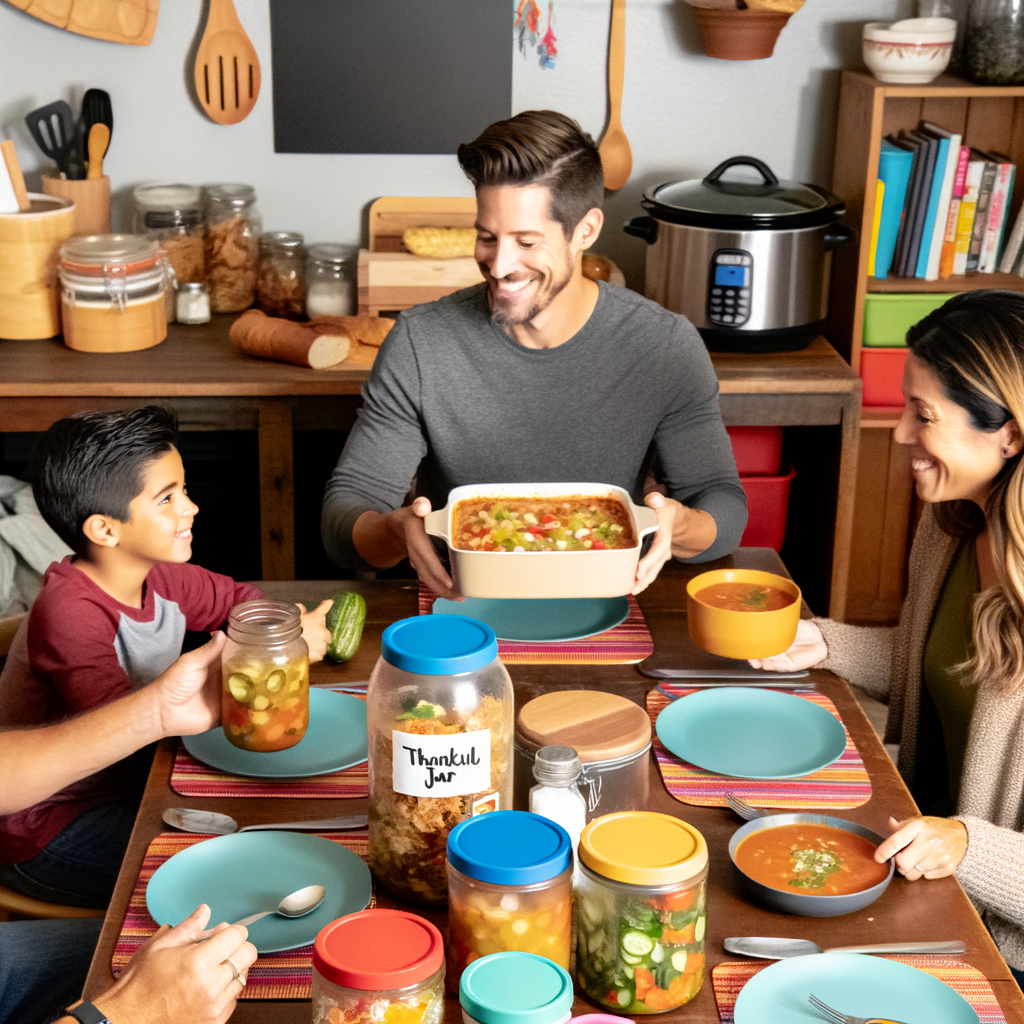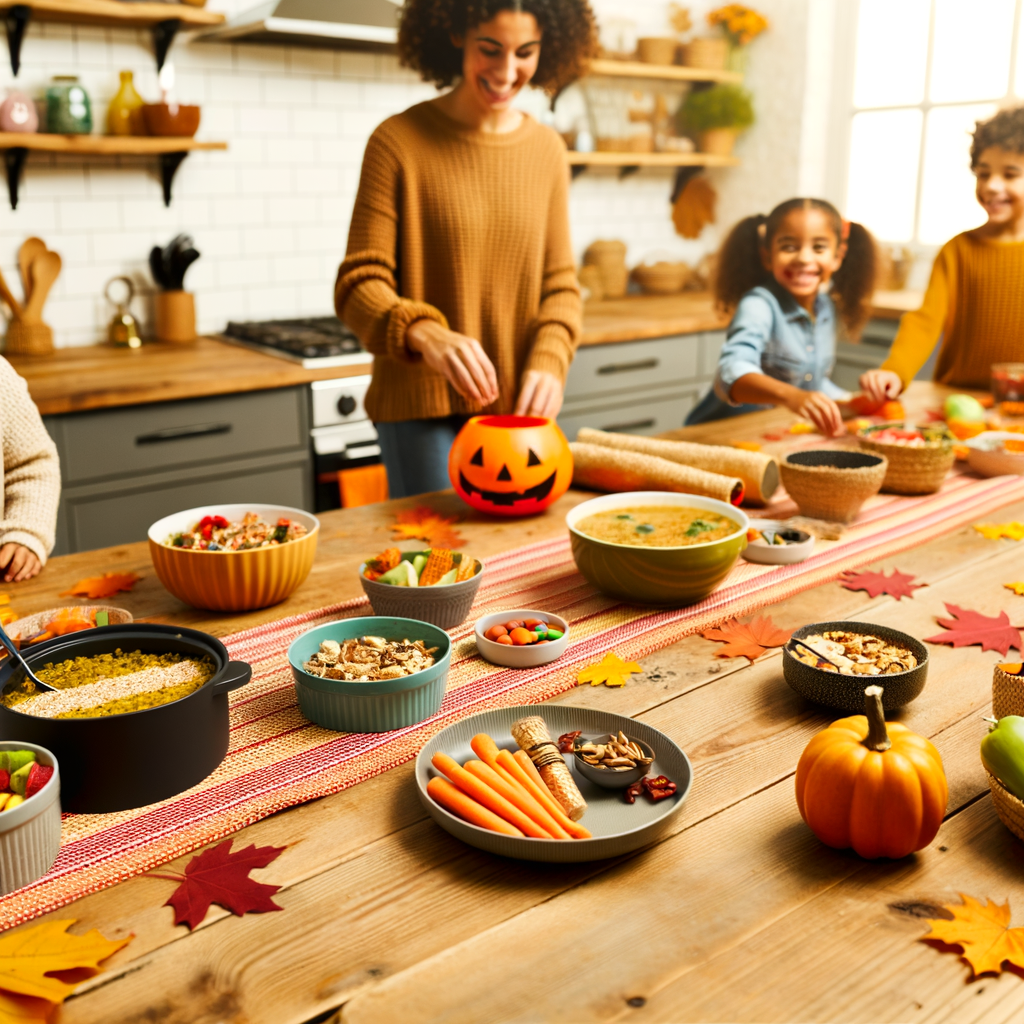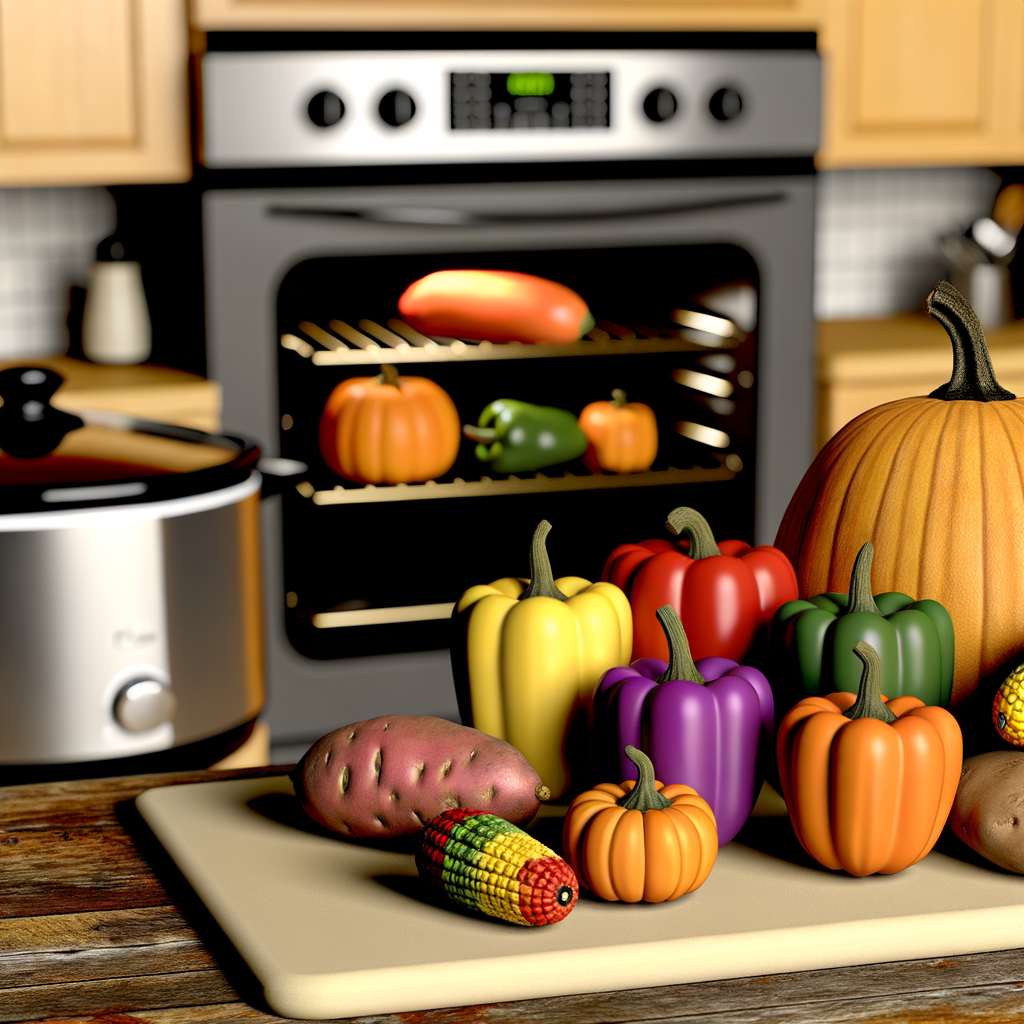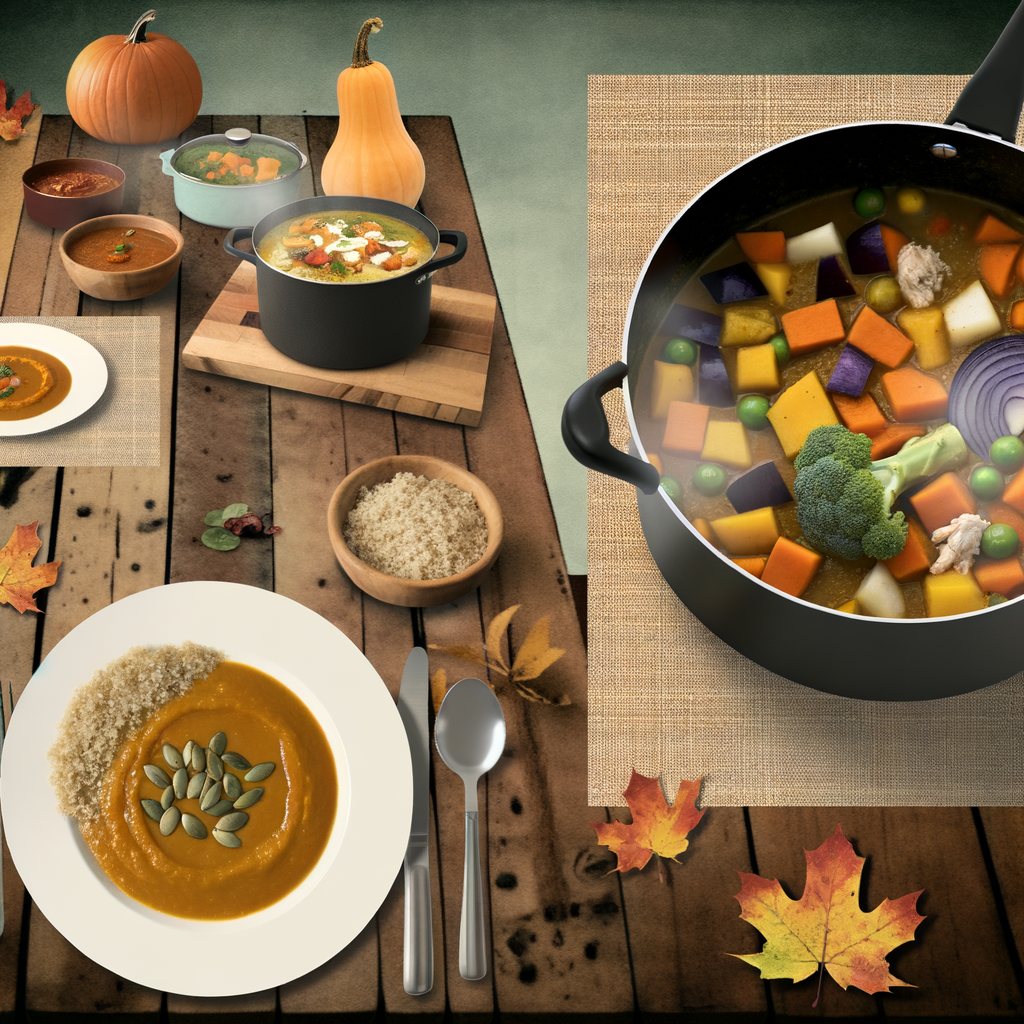Zero-Waste Cooking: A Sustainable Approach to Family Meals
Discover the transformative benefits of zero-waste cooking for busy families. Learn how to make the most of every ingredient, engage your kids in meal preparation, and create delicious, sustainable meals that nourish both your family and the planet.
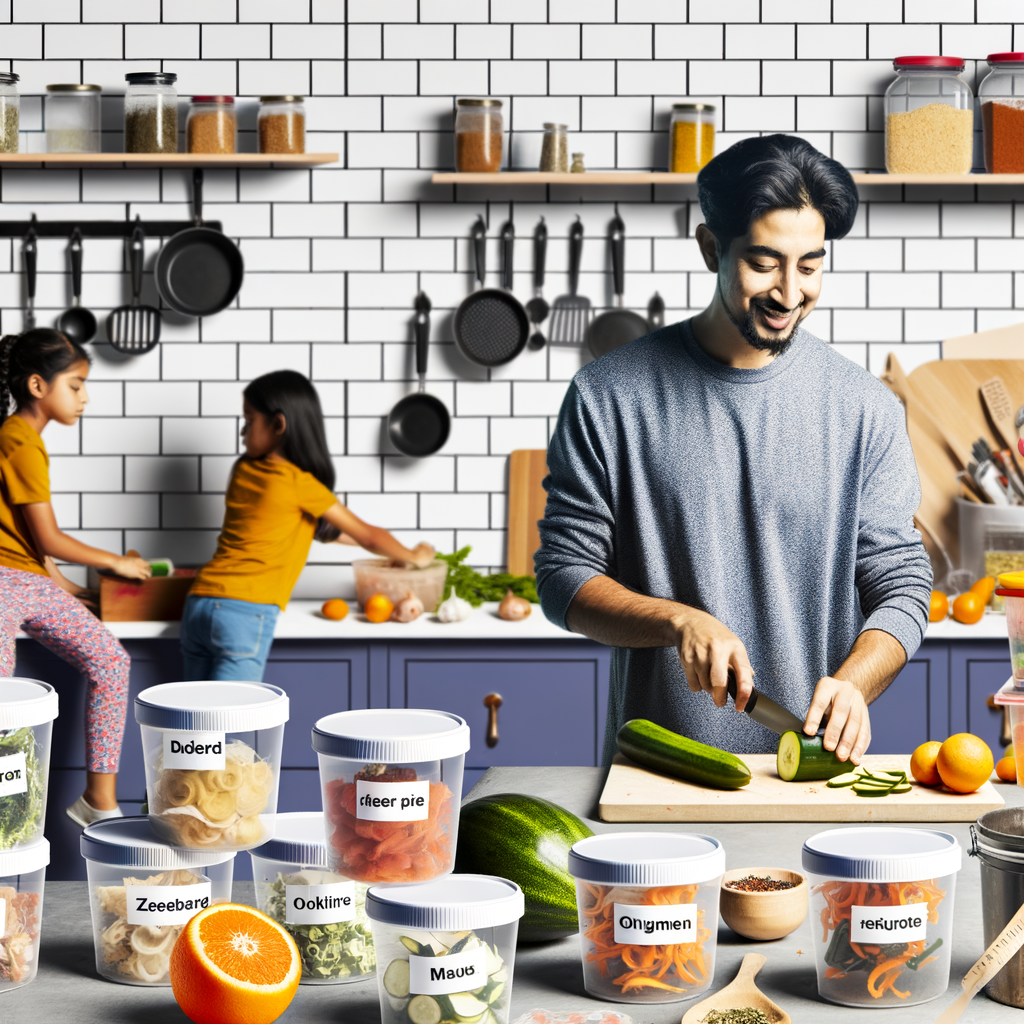
In the whirlwind of family life, finding time to plan and prepare healthy meals can feel like a monumental task. Between juggling work, school activities, and household chores, it's easy for mealtime to become a rushed affair. But what if we told you that recent trends in meal planning are making it easier than ever to keep your family nourished and satisfied? At 7Suppers, we’re all about simplifying healthy eating for busy families. Today, we're diving into the emerging trend of "Zero-Waste Cooking" and how it can transform your family's meals while benefiting the planet.
Understanding Zero-Waste Cooking
Zero-waste cooking is not just a trend; it's a movement towards sustainability that encourages us to use every part of the ingredients we buy. This approach not only helps reduce food waste but also stretches your grocery budget further.
- Root to Stem: Use every part of your vegetables. For example, carrot tops can be turned into pesto, and broccoli stems can be sliced into stir-frys.
- Nose to Tail: If you consume meat, consider using all parts of the animal. Bones can be used for broths, and lesser-known cuts can provide rich flavors in slow-cooked dishes.
- Creative Leftovers: Transform leftovers into new meals. A roast chicken can become chicken salad, and leftover rice can be turned into a delicious fried rice dish.
Batch Cooking with a Twist
Batch cooking is a lifesaver for busy families, and adding a zero-waste twist makes it even more effective.
- Plan and Prep: Dedicate a few hours each week to plan meals that utilize similar ingredients. This reduces waste and ensures you use everything you buy.
- Freeze Wisely: Freeze portions of your meals for busy days. Label containers with the date and contents for easy identification.
- Repurpose Ingredients: Use vegetable scraps and meat bones to make stock. These can be frozen and used as a base for soups or stews.
Engaging the Whole Family
Making meal planning a family affair can be both educational and fun. It teaches children about sustainability and healthy eating habits.
- Involve Kids in Cooking: Assign age-appropriate kitchen tasks to your children. They can wash vegetables, measure ingredients, or help set the table.
- Weekly Challenges: Set a family challenge to create a meal with no waste. This can spark creativity and make mealtime exciting.
- Story Time: Share stories about where food comes from and the importance of not wasting it. This can foster a deeper appreciation for the meals you prepare together.
Maximize Flavor with Minimal Waste
Zero-waste cooking doesn’t mean compromising on taste. In fact, it often leads to more flavorful meals.
- Herb Overhaul: Use fresh herbs from root to tip. Stems can be blended into sauces or used to infuse oils.
- Spice it Up: Don’t throw away spice jars. Use them to store homemade spice blends or as mini planters for herbs.
- Flavor Boosters: Citrus peels can be zested for added flavor, and cheese rinds can enhance the depth of soups and sauces.
Conclusion
Embracing zero-waste cooking is a rewarding journey that can lead to healthier meals, a happier planet, and a more connected family. By making small changes and involving everyone in the process, you can create a more sustainable kitchen without sacrificing convenience or flavor. For more tips and weekly meal plans tailored to busy families, visit 7Suppers.com. Let's make every supper a celebration of health and sustainability!

